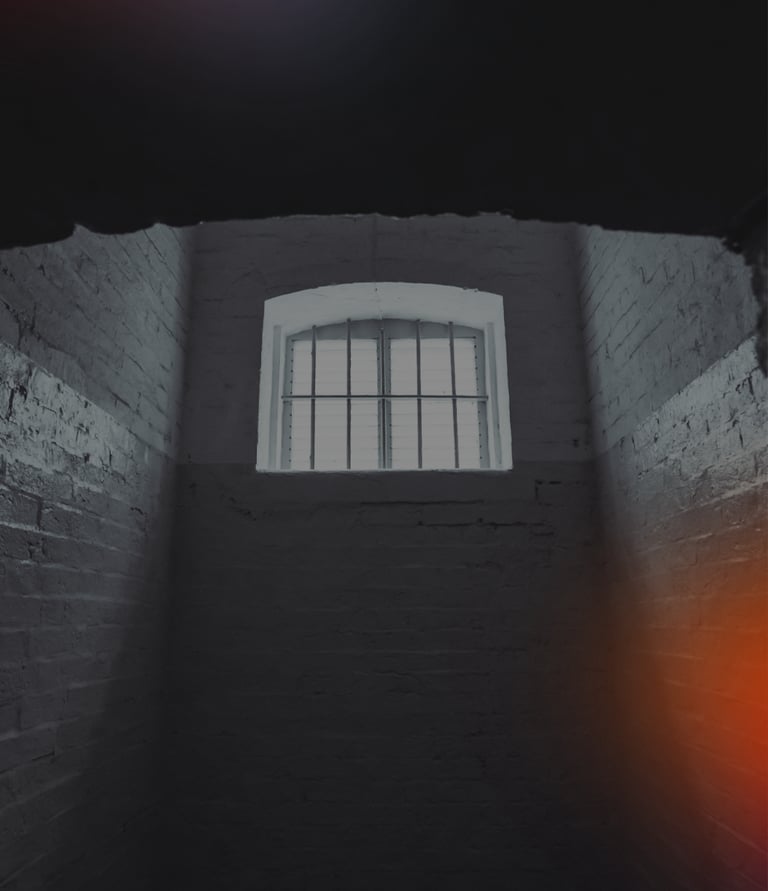Who is Ibtissame Betty Lachgar ?
Born in Rabat in 1975, Ibtissame Lachgar is a clinical psychologist and feminist activist known for her uncompromising defense of women’s rights, LGBTQI+ equality, freedom of conscience and bodily autonomy.
She co-founded the MALI Movement (Alternative Movement for Individual Freedoms) in 2009 with journalist Zineb El Rhazoui — a secular, universalist organization that has led many symbolic actions in Morocco:
2009: Organized the “Ramadan picnic” to challenge article 222 of the Penal Code criminalizing non-fasting in public.
2012: Partnered with Women on Waves to defend the right to abortion and launched Morocco’s first support network for women seeking safe medication-based abortion.
2013: Organized the “Kiss-in” in front of the Moroccan parliament to support teenagers prosecuted for “public indecency.”
2017: Turned Rabat’s fountains red to denounce violence against women.
2019 – 2025: Led campaigns for legal reform, anti-violence education (“My Body in Safety”), and international feminist collaborations from Morocco to France.
Betty is also a member of the French Collective for the Abolition of Pornography and Prostitution (CAPP) and a frequent speaker at international women's rights conferences.
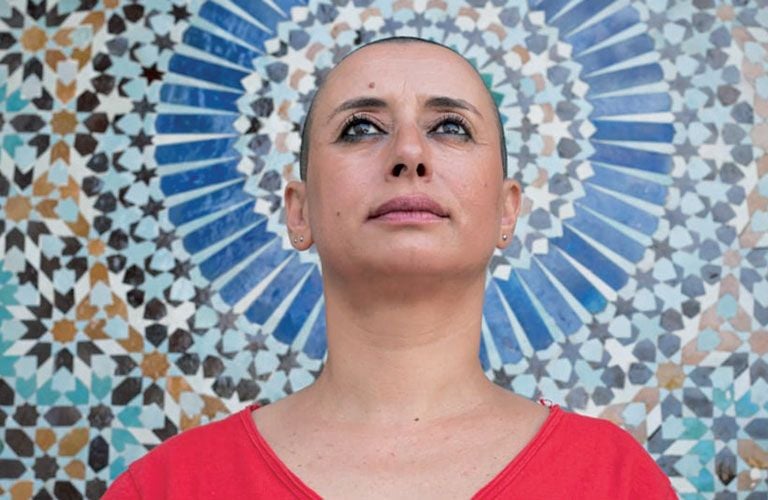

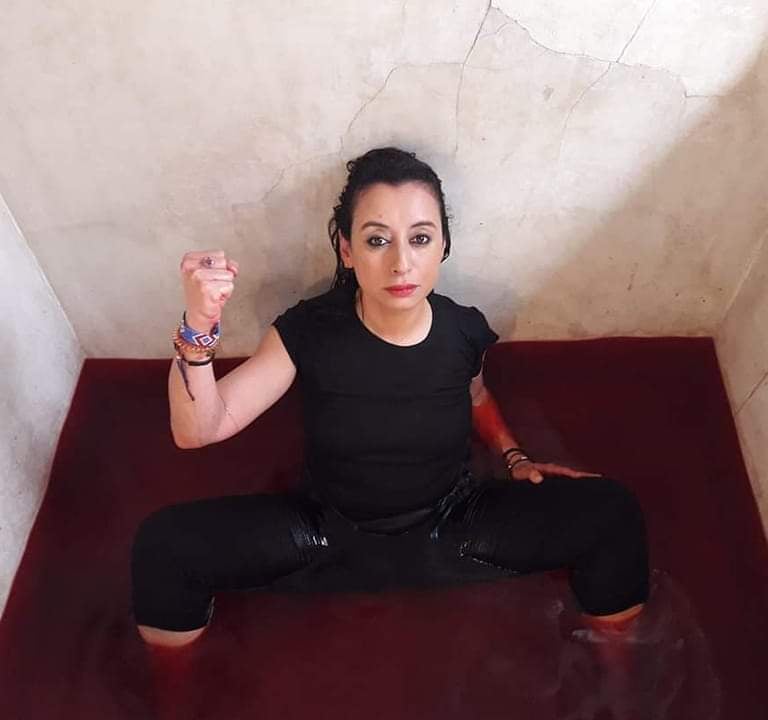

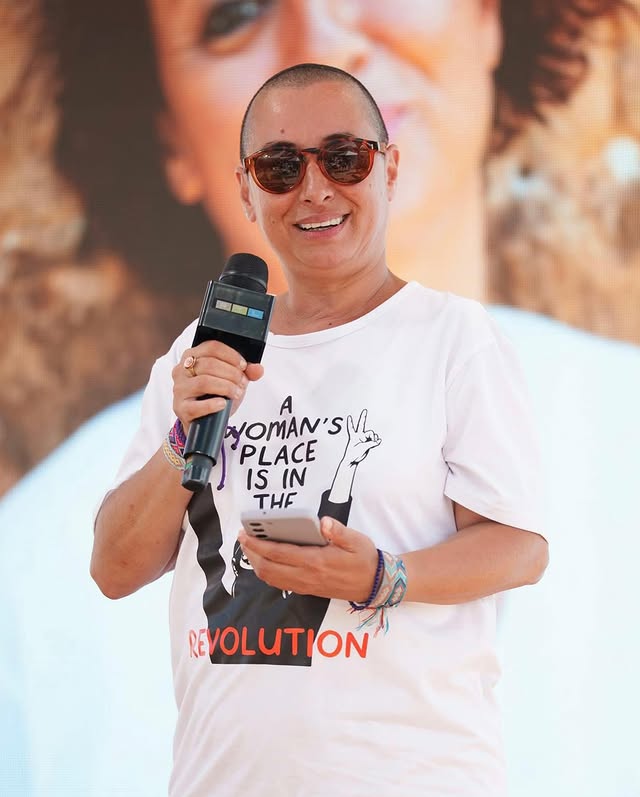

The Committee of Support
The Committee of Support to Ibtissame “Betty” Lachgar was created immediately after her arrest. It brings together her family, her friends, and fellow activists, as well as people who have never met her but recognize in her case a profound injustice.
The committee works to defend her fundamental rights and to ensure she receives urgent medical care, humane treatment, and a fair legal process. It also acts as a collective voice for those who refuse to accept the criminalization of thought, feminism, or dissent.
The members of the committee stand together across generations, beliefs, and backgrounds, united by one demand: the freedom and dignity of Ibtissame “Betty” Lachgar.
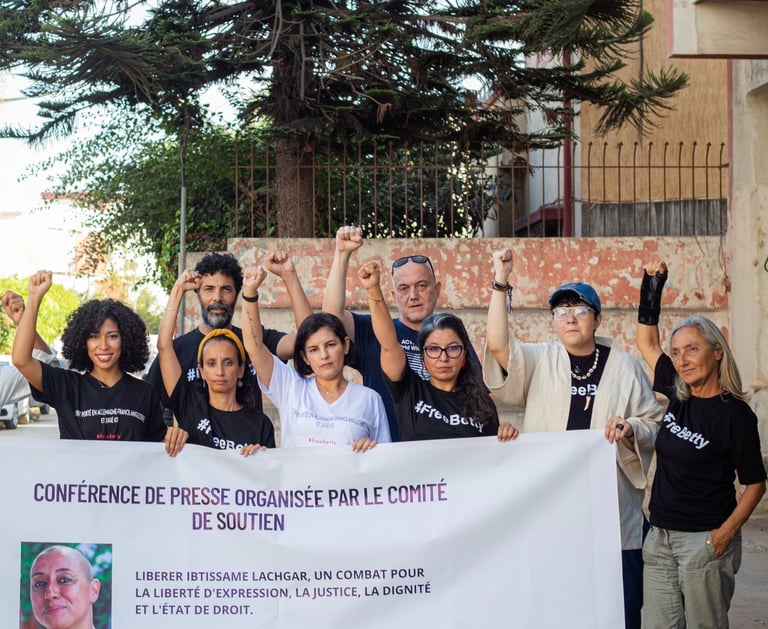

The Urgency
Betty’s physical and mental health are at serious risk.
As a survivor of Ewing’s sarcoma, a rare bone cancer, she lives with a prosthesis and must undergo regular medical follow-ups.
Since her imprisonment, these have been interrupted, and experts warn she could lose her arm without timely intervention.
The isolation imposed on her, even during daily walks, is psychologically devastating, especially for a clinical psychologist who dedicated her life to helping others heal.
Her treatment raises serious concerns of inhuman and degrading conditions, contrary to Morocco’s commitments under international human rights law.
